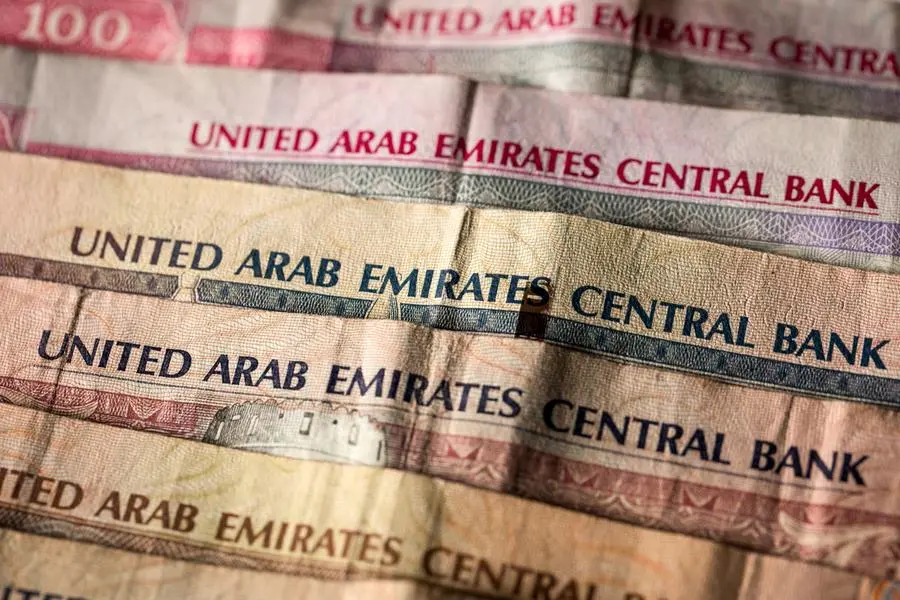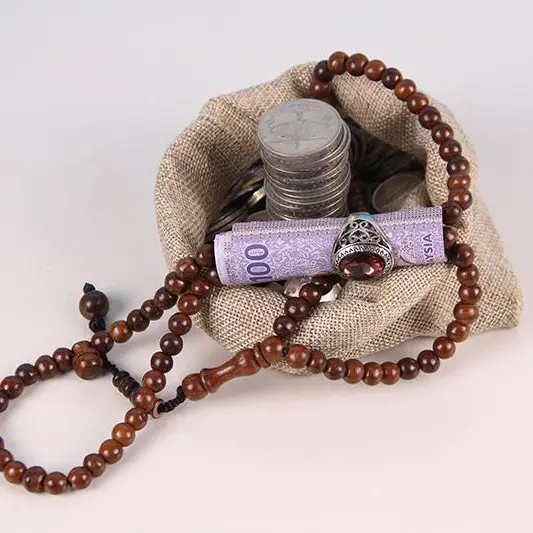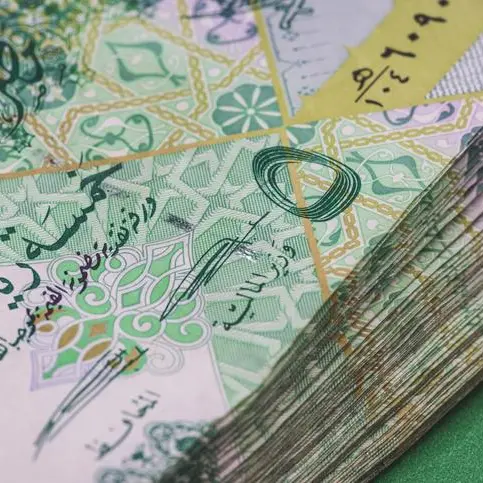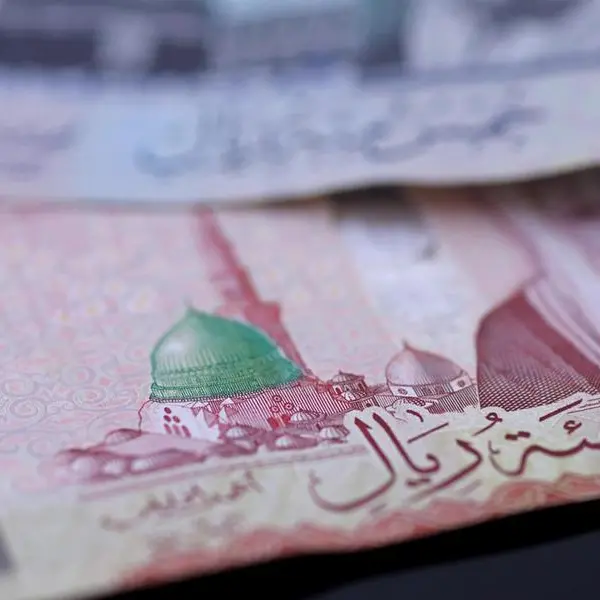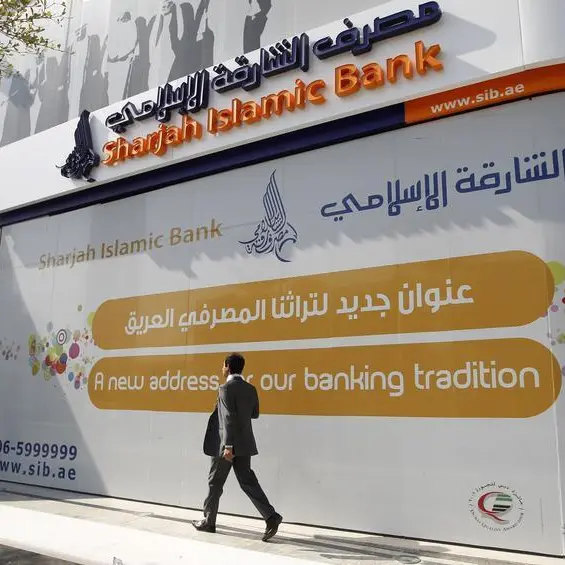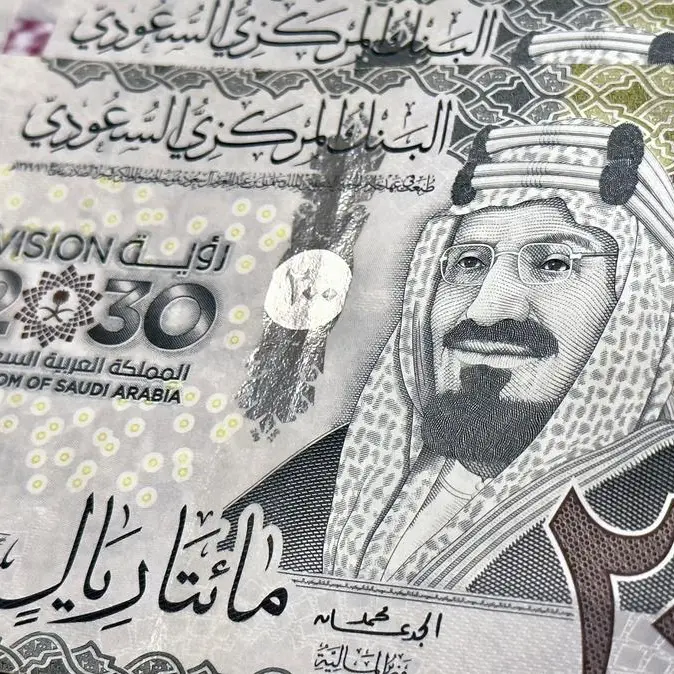PHOTO
The UAE launched a dirham-denominated Islamic Treasury Sukuk (T-Sukuk), with a benchmark auction size of AED1.1 billion ($299 million) on Wednesday. The sukuk will support funding diversification initiatives and the Islamic finance ecosystem in the UAE, Fitch Ratings, said.
"The T-Sukuk would give Islamic banks and conventional banks an option to invest their liquidity, and it could also help open the way for corporates and financial institutions to issue dirham-denominated bonds and sukuk," said, Bashar Al Natoor, Global Head of Islamic Finance at Fitch Ratings.
"This step is expected to help build the domestic yield curve and provide a pricing reference for dirham-denominated bonds, sukuk and loan products," he added.
The T-Sukuk will initially be issued in 2/3/5-year tenures, followed by a 10-year sukuk at a later date.
Besides developing capital market activities, supporting economic diversification and financial inclusion, the issuance is expected to contribute to building a local currency bond market.
Khaled Mohamed Balama, Governor of CBUAE, said: "We are confident that this issuance will contribute to supporting the market for bonds denominated in the local currency and issued by the public sector in the country. It will also enhance the competitiveness of the local financial markets and enable market participants in the UAE to maintain a single, transparent, diversified and sustainable liquidity pool in dirhams."
Investment options
The availability of dirham-denominated sukuk and bonds would help investors to expand their investment options.
"It could also allow investors to access smaller-sized or lower-rated domestic issuers unable to issue debt in the international market," Fitch Ratings' Bashar said, adding, "Investors would also benefit from the UAE dirham’s peg to the US dollar, with no additional currency risk exposure. However, investing in the broader corporate debt market spectrum could entail additional credit risk."
Issuing an Islamic treasury sukuk would contribute to the implementation of the new Dirham Monetary Framework (DMF) and support the ongoing work to establish the Dirham risk-free pricing benchmark (yield curve), according to the governor of CBUAE.
"However, further development is still to be seen in the areas of regulation, financial incentives, adequate infrastructure, deeper liquidity, active secondary market and in attracting more participants," Bashar said.
"Additionally, a key hindrance to the domestic DCM growth includes a corporate funding culture in the UAE and the GCC at large which is geared primarily towards bank financing rather than bonds or sukuk," he added.
In February 2023, Emirates Islamic, the Islamic subsidiary of Emirates NBD Group, launched an AED 1 billion dirham-denominated sukuk, the first such dirham sukuk issuance by a UAE bank. It was oversubscribed 2.5 times.
The order book, which exceeded AED 2.5 billion dirhams, allowed the bank to tighten the profit rate to 5.05%, at a spread of 67 basis points over UAE government treasuries.
(Writing by Seban Scaria seban.scaria@lseg.com; editing by Brinda Darasha)
